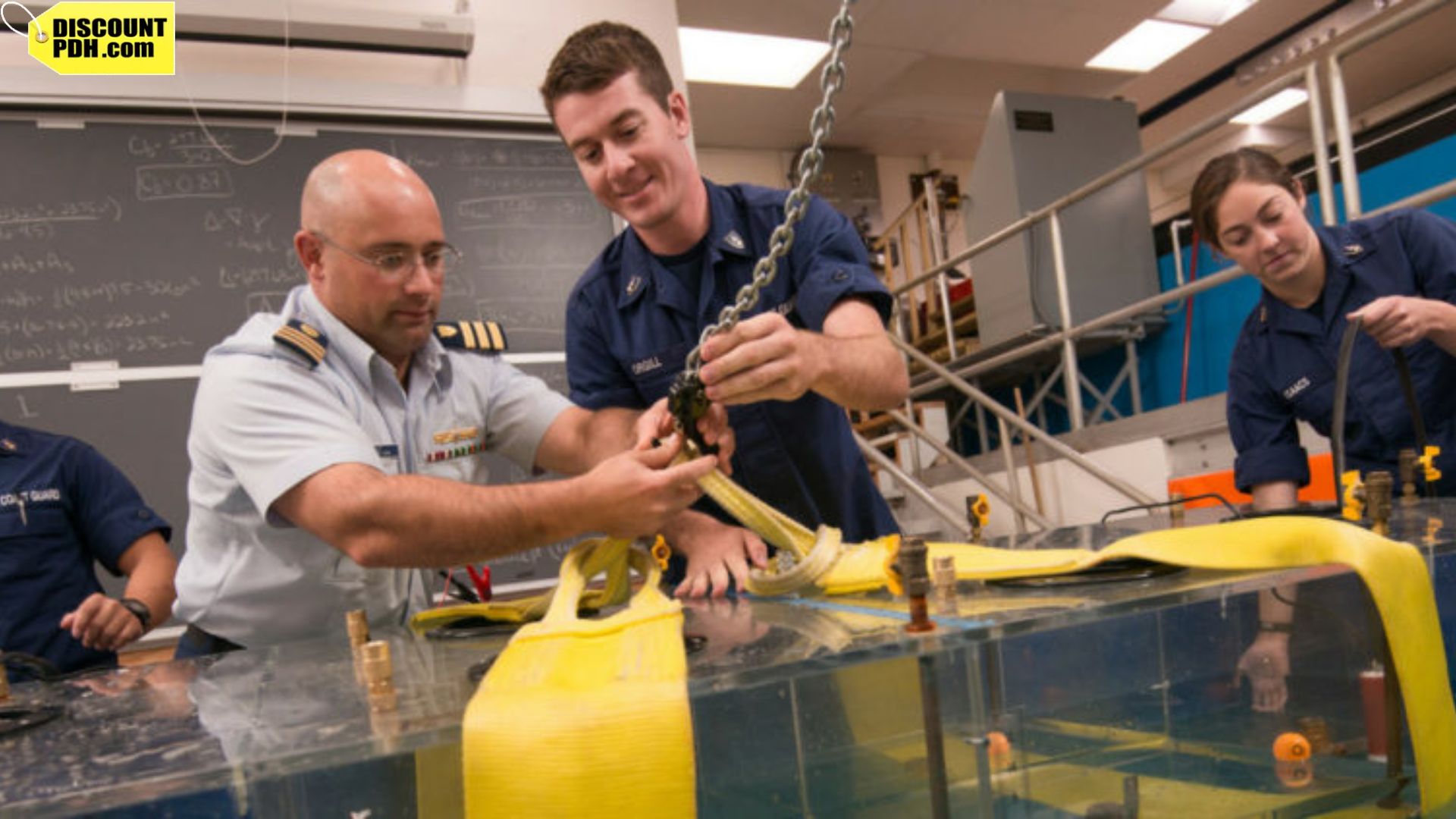For licensed engineers, professional growth and license renewal go hand in hand. To maintain an active license, engineers must complete engineering continuing education courses that provide PDH hours (Professional Development Hours). These courses are not only about meeting requirements; they ensure engineers stay updated with the latest industry standards, ethical practices, and technical advancements.
Today, many professionals prefer online engineering continuing education programs for their flexibility and accessibility. From engineering ethics PDH to technical modules, these courses are essential for maintaining compliance and enhancing professional skills.
What Are Engineering Continuing Education Courses?
Engineering continuing education courses are structured learning programs designed for licensed professional engineers (PEs). These courses provide PDH hours required by state licensing boards for license renewal.
Topics often covered include:
-
Technical updates in civil, mechanical, or structural engineering.
-
Engineering ethics PDH courses on professional responsibility.
-
Compliance, safety, and project management training.
By enrolling in professional engineer PDH courses, engineers fulfill state requirements while expanding their expertise.
The Role of PDH Hours in Professional Licensing
PDH hours (Professional Development Hours) are the unit of measure for continuing education credits. Every state has its own requirements, but most engineers must complete between 15–30 PDH hours per license renewal cycle.
Earning PDHs through engineering PDH courses online ensures engineers remain compliant with state boards while improving technical and ethical knowledge. Whether it’s engineering PDH online courses or specialized ethics training, these programs are mandatory for career continuity.
Advantages of Online Engineering Continuing Education
In the digital era, online engineering continuing education has become the preferred option for professionals. Instead of attending in-person seminars, engineers can complete PDH engineering online courses at their convenience.
Key advantages include:
-
Flexibility – Study anytime, anywhere.
-
Affordability – Online bundles are often cost-effective.
-
Diverse Topics – From ethics to advanced technical courses.
-
Instant Certification – Download completion certificates immediately.
For busy professionals, online engineering continuing education is the most efficient and practical choice.
Why Engineers Need Continuing Education
Main engineers continuing education goes beyond compliance—it promotes lifelong learning and ensures professional credibility. Benefits include:
-
Meeting Licensing Requirements: Fulfill board-mandated PDH hours.
-
Ethical Responsibility: Through engineering ethics PDH courses.
-
Skill Enhancement: Gain advanced technical and leadership skills.
-
Competitive Edge: Stay updated with evolving industry practices.
With engineering continuing education, professionals balance responsibility with career growth.
Professional Engineer PDH Courses
Professional engineer PDH courses are tailored to help licensed engineers meet renewal requirements while broadening their skill set. These include:
-
Engineering ethics PDH – A requirement in many states.
-
Technical Modules – Civil, structural, or mechanical systems.
-
Project Management & Compliance – Workplace safety and quality standards.
By selecting engineering PDH courses online, engineers can customize their learning experience according to their professional needs.
Exploring Engineering PDH Courses Online
The variety of engineering PDH courses online ensures engineers can focus on their area of specialization. Popular categories include:
-
Civil Engineering PDH – Design codes, safety standards.
-
Structural Engineering PDH – Load analysis, modern design practices.
-
Mechanical & Electrical PDH – System efficiency, updated technologies.
-
Ethics & Compliance – Including engineering ethics PDH courses.
With pdh engineering online courses, professionals have access to comprehensive, accredited programs that align with state board requirements.
Engineering Ethics PDH – A Vital Requirement
One of the most crucial aspects of engineering continuing education courses is engineering ethics PDH. Ethics courses help engineers:
-
Understand professional responsibilities.
-
Prevent conflicts of interest.
-
Prioritize public safety.
-
Maintain honesty and integrity.
Many states mandate ethics PDHs as part of license renewal, making them a cornerstone of professional engineer PDH courses.
How to Choose the Right PDH Engineering Online Courses
When selecting pdh engineering online courses, engineers should consider:
-
Accredited Providers – Ensure state board approval.
-
Relevant Topics – Ethics, technical, and compliance-based.
-
Flexibility – 24/7 access for self-paced learning.
-
Certification – Instant PDH credit verification upon completion.
Choosing the right platform ensures compliance and professional growth.
Engineering Continuing Education and Career Growth
Completing engineering continuing education not only fulfills renewal requirements but also supports career advancement. Engineers who engage in continuous learning:
-
Gain updated technical expertise.
-
Strengthen professional credibility.
-
Unlock leadership opportunities.
-
Stay competitive in a rapidly evolving industry.
By investing in engineering continuing education courses, professionals position themselves for long-term success.
Conclusion
For licensed engineers, completing engineering continuing education courses is essential to maintain an active license and uphold professional standards. From fulfilling PDH hours to taking specialized engineering ethics PDH programs, continuing education ensures compliance and career growth.
The flexibility of pdh engineering online courses allows professionals to balance work, learning, and life while earning necessary credits. With the variety of engineering PDH courses online available, engineers can meet state requirements, expand expertise, and strengthen ethical practices. Ultimately, engineering continuing education is not just a regulatory requirement—it is a commitment to excellence, responsibility, and lifelong professional development.

